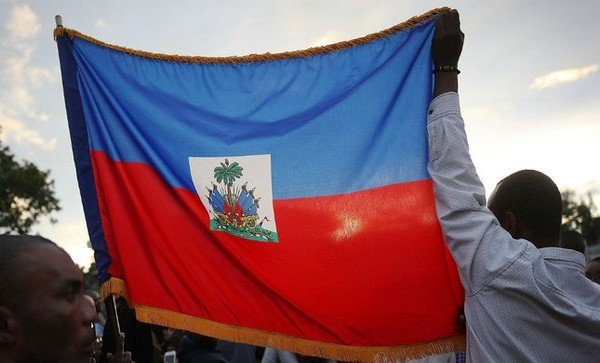The United Nations Development Programme (UNDP) is taking steps to ensure that gender-mainstreaming forms an integral part of the Climate Resilient Agriculture for Integrated Landscapes Management Project, which is a collaborative effort between the Global Environment Facility (GEF) and the UNDP, in partnership with the Government of Grenada.
Parliamentary Representative for St Mark Clarice Modeste-Curwen who is also the Minister of Tourism and Civil Aviation, Climate Resilience and the Environment recently hosted a gender-responsive planning session in St Mark, which coincided with the observance of International Women’s Day.
Minister Modeste-Curwen noted that this year, International Women’s Day has thrown the spotlight on the need for gender mainstreaming in recovery towards a post Covid-19 world. She acknowledged that some gender-specific impacts are seen to be cutting across all sectors.

These impacts include increased household responsibilities for women and girls and the ‘shadow pandemic’, which refers to the global increase in gender-based violence which is taking place amid the Covid-19 health crisis.
This session on women’s empowerment and gender mainstreaming was also informed by remarks from Ambassador Claris Charles, Brenda Hood, former Minister of Tourism and Advisor to the Minister, and Royden Beharry, Youth Coordinator in the Ministry of Youth Development.
Rudo Udika, Coordinator for UNDP, has flagged a gender-responsive approach as a critical element in addressing the interrelated issues within the context of implementing the project, particularly against the backdrop of Covid-19.
In this regard, the specific needs, priorities, power structures, status and relationships between women and men must be recognised and adequately addressed in the design, implementation and evaluation of the project activities.
Through such an approach, women and men are given equal opportunities to participate in and benefit from interventions designed to develop climate-resilient agriculture. Further, a gender-sensitive approach promotes targeted measures to address inequalities and advance the empowerment of women across the sector.
According to UNDP Coordinator, Rudo Udika, to respond to the gender implications of Covid-19, the GEF/UNDP Climate Resilient Agriculture Project will work with the Government of Grenada to support the design of gender-responsive policy measures and project activities that address the needs of rural women and men; identify vulnerable rural women and their organisations in order to prioritise their needs and inform the design of response and mitigation strategies.
This collaborative effort will also seek to integrate gender mainstreaming across all project related strategies and planned activities, paying attention to gender inequalities in agriculture and rural sectors; collecting qualitative and quantitative sex-disaggregated data and evidence to assess the gendered impact of project interventions; and designing sustainable responses that support men and women farmers by enhancing equitable access to and control over productive resources, inputs, rural services, producer organisations and collective action.
The UNDP affirms that closely examining gender-specific Covid-19 impacts and integrating women’s empowerment interventions are also essential to Covid-19 survival and recovery.




